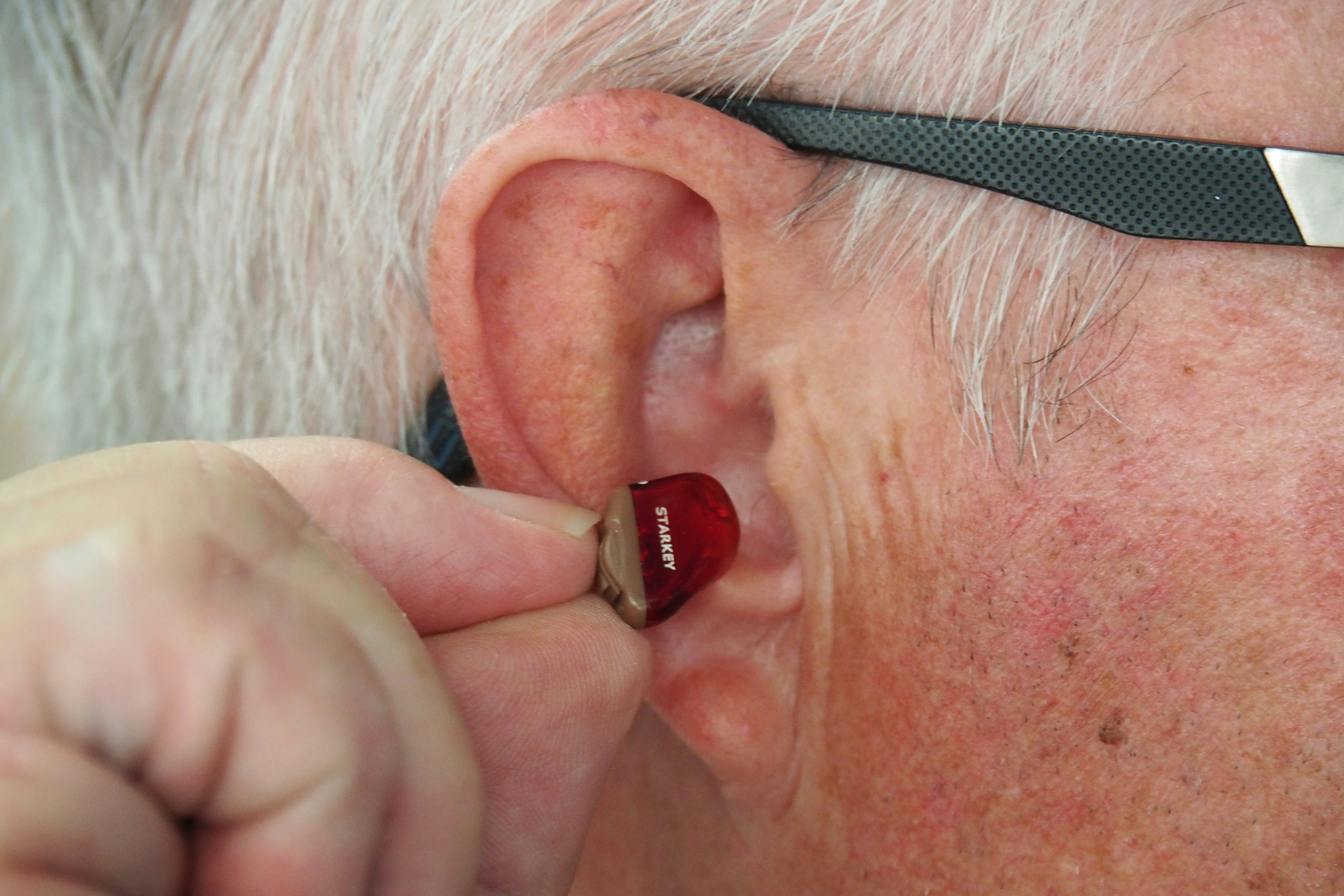Hearing loss is all too common among older adults. The National Institute of Aging revealed that about a third of adults from ages 65 to 74 suffer from some kind of hearing loss, while half of the population over 75 experiences hearing difficulties.
One common type of hearing problem older adults experience is tinnitus. This article will dive into everything older adults need to know about tinnitus, from symptoms to causes to treatments.
Table of Contents
Symptoms
According to ‘What is Tinnitus’, it is a hearing condition characterized by a misplaced perception of sound. People with tinnitus will hear ringing, whistling, buzzing, hissing, clicking, or roaring noises in their ears even if nothing in their environment produces such sound waves.
Tinnitus can affect one or both ears, and the sounds it produces can be continuous or intermittent, at varying volumes and degrees of pitch. It’s estimated that about 30% of seniors experience tinnitus symptoms.
Causes
In the body’s auditory system, the ears receive sound waves, while the brain interprets what they mean. Tinnitus causes the brain to interpret messages the ears never receive.
Researchers at the University of Texas infer that tinnitus is a result of the brain overcompensating for hearing loss, thus naming ear-related problems such as ear infections, thyroid issues, and ear wax as possible causes.
Among older adults, common culprits contributing to tinnitus include hypertension, ear damage from loud noise, medication, or rheumatoid arthritis.
Prevention
Tinnitus can seem unavoidable, but older adults can take certain steps to reduce their likelihood of contracting the condition.
The most important step is to protect the ears. If there are a lot of bothersome noises in the environment, such as engines, construction, or machinery, it can help to use soft earplugs for additional hearing protection.
Older adults can also try to distance themselves from loud noises or limit their exposure to them. When using earbuds, turn the volume down to avoid creating additional ear damage.
Since high blood pressure and hypertension are also attributed to tinnitus, older adults should also take extra steps to protect their heart health. Eat a healthy diet and exercise regularly to keep the cardiovascular system in top shape.
Treatment
Currently, there is no real cure for tinnitus. However, certain interventions can mitigate symptoms. Hearing aids can mask tinnitus sounds or improve overall hearing. Fortunately for older adults, many senior-focused health insurance plans can cover the cost of hearing aids.
KelseyCare Advantage shows that Medicare Part C plans offered by private insurers can include hearing benefits. Such benefits cover the cost of both healthcare providers with hearing specializations and helpful equipment like hearing aids.
Another solution older adults can seek is sound therapy. Sound machines can produce relaxing white noise to max any irritating sounds created by tinnitus symptoms.
Older adults on a budget can use the Big Red Rooster White Noise Machine to access sound therapy at an affordable cost.
The machine is portable and customizable, which allows users to cater their sound therapy experience according to their needs.
Tinnitus can be bothersome to manage. Fortunately, solutions like hearing aids and sound therapy can help older adults mitigate any irritating ringing.


